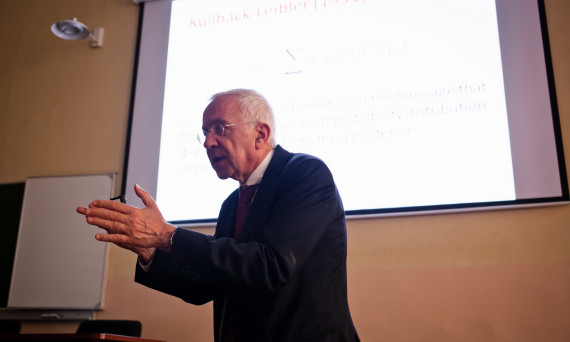Which countries most often produce scientists and researchers who collaborate on articles and patents? How is the global system of international cooperation constructed? With the proliferation of means of social network analysis, these relations are easily visualized though the construction of network maps of international collaborations. Despite the simplicity of the approach, the study of these networks can lead us to serious conclusions. How are “natural areas” in the academic world formed and on what basis (cultural proximity, economic or geopolitic influence)? Does the map of cooperation in the social sciences differ from the map of cooperation in nature? To what extent is the entire system self-organizing—i.e., beyond the control of individual national ministries of science—and what consequences follow for those same ministries?
02.07.2013
Department of Political Science; Department of Sociology












